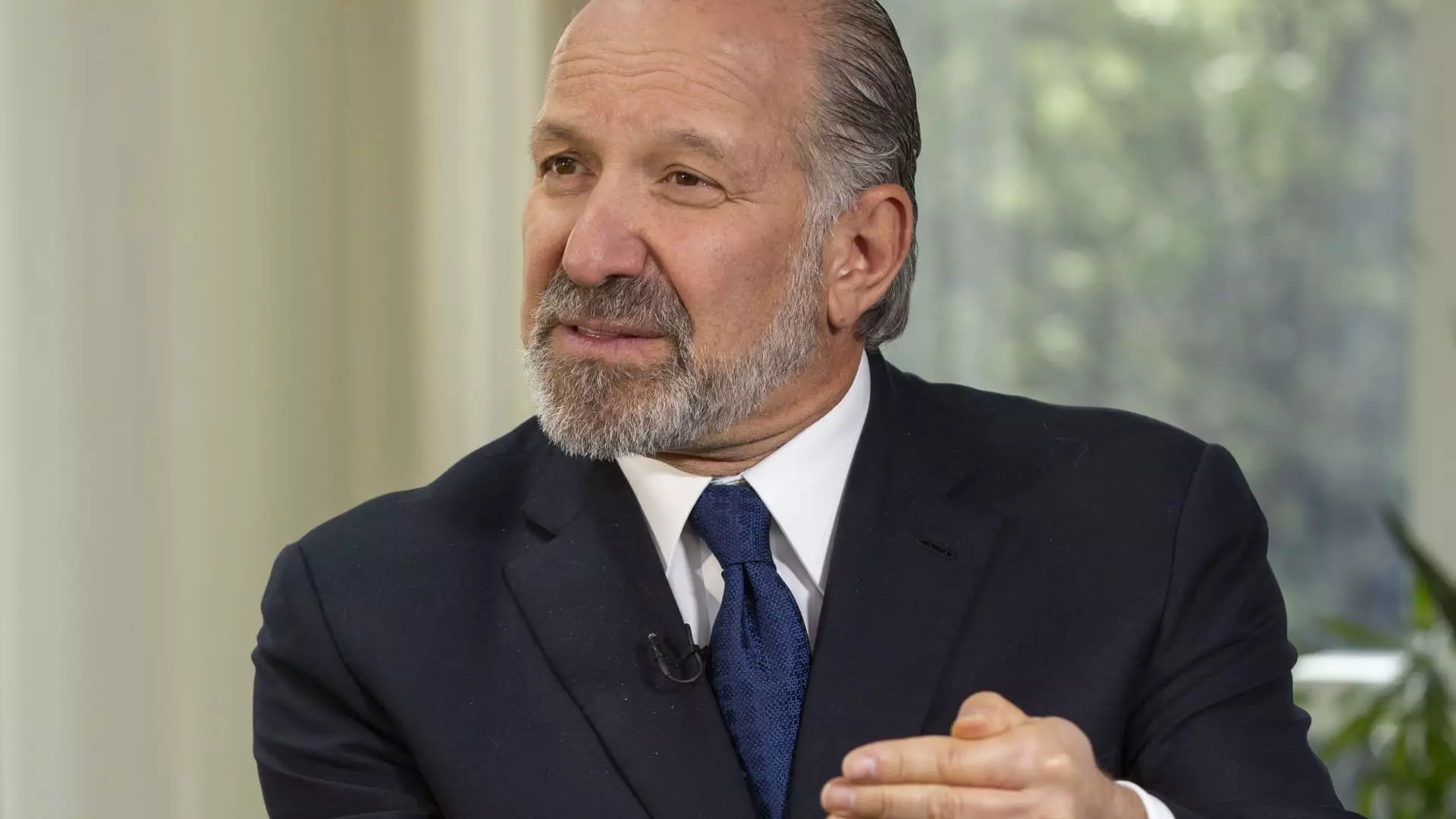The recent declarations by Commerce Secretary Howard Lutnick about a “hard deadline” of August 1st for countries to begin paying tariffs are a stark reminder of how political posturing often masks indecision and volatility. While Lutnick insists that “nothing stops countries from talking after August 1,” the reality is that setting a seemingly non-negotiable deadline risks turning diplomatic negotiations into mere posturing rather than genuine dialogue. The idea of a firm cutoff point appears more like a tactic to exert pressure rather than a genuine policy stance.
This approach underscores a broader problem in current U.S. trade policy: the reliance on aggressive, unpredictable threats that destabilize global markets. Such tactics neglect the fact that economic relationships are built on trust and mutual benefit, not on arbitrary deadlines that threaten to escalate conflicts. The focus on tariffs as a bargaining chip may create short-term leverage, but it can damage long-term alliances, especially with smaller nations who bear the brunt of such economic upheaval.
Impact on Smaller Economies and Global Stability
Lutnick’s mention of small countries — specifically Latin American, Caribbean, and African nations — facing a baseline tariff of 10% reveals a troubling indifference toward the ripple effects of these policies. Many of these nations rely heavily on exports and are already vulnerable to economic shocks. The decision to set a blanket tariff threshold ignores their unique economic circumstances, risking increased poverty and instability.
Furthermore, these nations often serve as critical partners in regional and global supply chains. Imposing uniform tariffs threatens to undermine their economic development and diplomatic relations with the U.S., potentially fostering resentment and instability in regions already prone to geopolitical tensions.
The suggestion that larger economies will either “open themselves up or pay a fair tariff” reflects a dual strategy: pressure or punishment. But this dichotomy simplifies complex trade relationships and ignores the value of strategic engagement based on mutual interests. Pushing for punitive tariffs without fostering open dialogue cultivates hostility rather than cooperation.
The Resistance to Responsible Trade Diplomacy
What is perhaps most troubling about the current stance is its rejection of a pragmatic, multilateral approach to trade. The Trump administration’s reliance on tariffs as leverage reveals a misunderstanding of economic diplomacy: it’s not about crushing rivals but creating sustainable, mutually beneficial partnerships.
Tariffs as high as 40%, combined with looming deadlines, foster uncertainty that chills investment and innovation. Instead of fostering a climate of cooperation, these policies risk isolating the U.S. and fostering retaliatory measures that could serve as barriers to global growth. It’s an approach rooted in short-term nationalism rather than long-term leadership, which runs counter to principles of fair and balanced international relations.
In a world increasingly interconnected, a responsible, center-left approach would advocate for dialogue and equitable trade agreements rather than brinkmanship. The focus should be on reforming global trade systems to be fairer, rather than weaponizing tariffs and deadlines to achieve short-lived political victories at the expense of global stability.


Leave a Reply